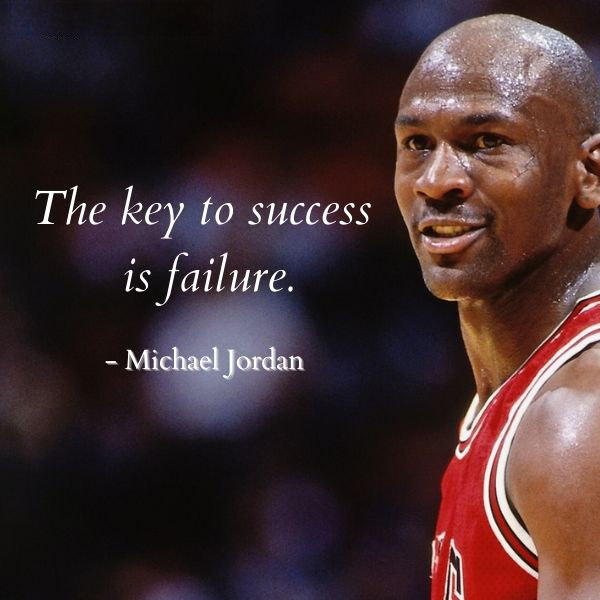Prompt Engineering: The Impact of Claude 3
In my previous blog post Prompt Engineering: Tool or Threat to Software Engineering?, I discussed what Prompt Engineering is and how it can be used to help us as software engineers. In this follow-up blog I will dive into Claude 3, the latest AI from Anthropic, and how it can impact us as software engineers.
What is Claude 3
Claude 3 is an AI service from Anthropic with a strong focus on user safety. The main driver behind their model is Constitutional AI. This system tries to optimize helpfulness and minimize harmfulness in responses. Constitutional AI uses a set of rules to prevent harmful responses that are used to train a metamodel. The metamodel is then used to interfere with the training of the regular model, so that it learns not to generate content that is considered harmful. This raises the question who determines the definition of what is considered harmful, but this on its own could be a new blog 🙂. As JDriven we have placed Claude 3 in the assess ring of our Tech Radar.

Understanding natural language
Claude 3 offers improved contextual understanding, making it easier for developers to generate code from more natural, less structured prompts. This minimizes the need for hyper-precise instructions, allowing for a more conversational approach.
Collaboration
Similar to GPT-based models, Claude 3 can assist you during your programming. In contrast to GPT-based models, it emphasizes safety and alignment with human values, which can be important for companies working on sensitive or ethical projects. Its safety features make it a potential choice for teams wary of AI outputs leading to unforeseen ethical and legal risks.
Tuning
One of the features of Claude 3 is its ability to adapt to specific use cases with minimal tuning. Developers can utilize it for both rapid prototyping and long-term projects without needing to re-train the model frequently.
Claude 3 in the real world
In practice, Claude 3 can be and has been used for:
-
Code Refactoring: Automating the reorganization of (legacy) systems.
-
Documentation Generation: Helping you explain complex systems in natural language.
-
Ethical Code Reviews: Ensuring software is more aligned with ethical guidelines.
By integrating Claude 3 into workflows, software teams can improve productivity, promote ethical coding practices, and drive innovation while maintaining control over the output’s quality.
Looking Forward
As AI models like Claude 3 continue to advance, they bring not just efficiency but also the challenge of balancing innovation with responsible use. In the near future, prompt engineering will likely focus more on ethical considerations and fine-tuning models to meet specific needs.

As I was writing this blog, I racked my brain looking for a Michael Jordan quote that would fit this subject. This quote reinforces the idea that embracing challenges and learning from mistakes is essential in innovation. It’s a powerful reminder progress often comes through overcoming setbacks.
